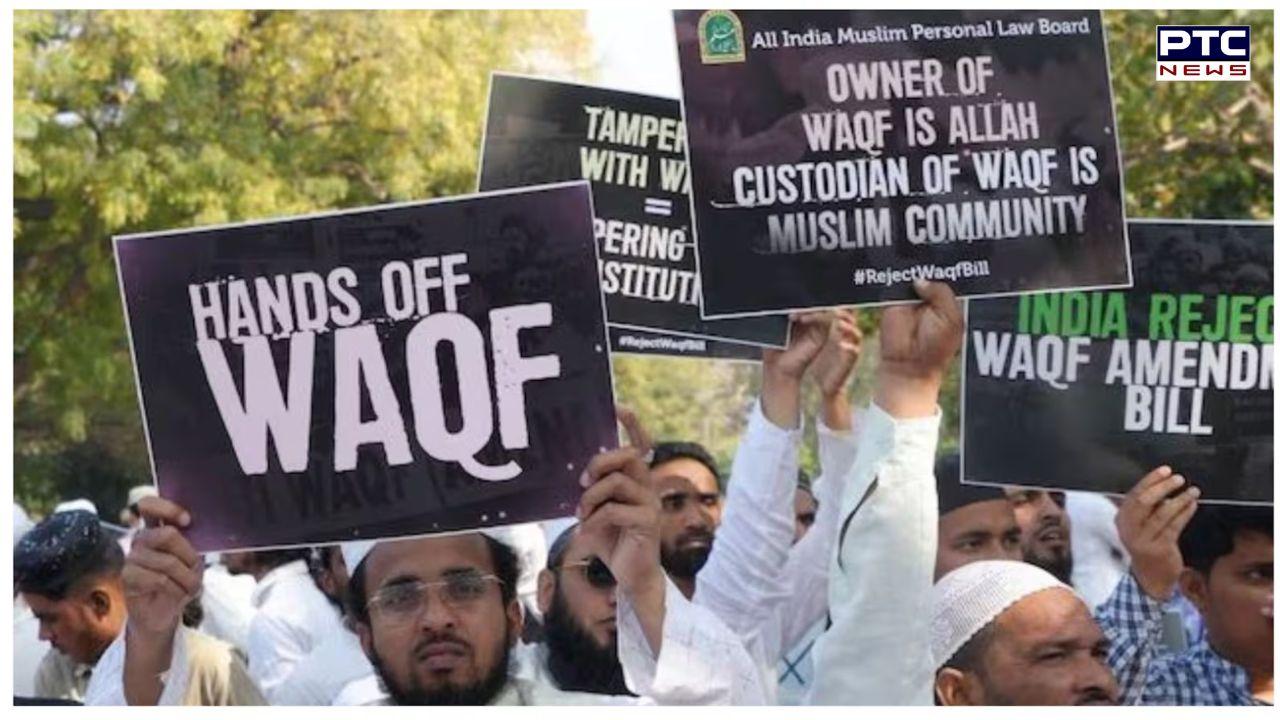

Supreme Court raises concerns over Waqf (Amendment) Act’s impact on 'Waqf by user' practice
PTC Web Desk: The Supreme Court on Wednesday expressed significant concern over the Waqf (Amendment) Act, particularly focusing on the revocation of the 'waqf by user' principle. As a Bench led by Chief Justice Sanjeev Khanna began hearing 73 petitions contesting the new law passed by Parliament, it stopped short of issuing interim orders but flagged potential serious consequences of removing this long-standing legal concept.
The controversial clause in question removes the classification of properties as waqf based on historical and religious use, commonly referred to as "waqf by user". This doctrine has traditionally recognised land or buildings as waqf if they have been continuously used for Islamic religious or charitable purposes, regardless of ownership documentation.
Highlighting the implications, the Supreme Court pointed out that many mosques built between the 14th and 16th centuries lack formal sale deeds or registration, making it nearly impossible to prove ownership under the new amendment. "You still haven't answered the question. 'Waqf by user' will be declared or not? That will be undoing something that's been established," said the Bench, questioning the Centre’s stance on verifying historical waqf properties.
The Bench also emphasised that the amendment could invalidate the status of several religious structures and queried how the registration of such heritage mosques would be handled if the traditional recognition by usage is nullified.
While the amended Act includes an exemption for disputed properties and government land, the court raised further concerns regarding a clause that excludes waqf recognition during a collector’s inquiry into whether a property is government-owned. The Bench indicated that this provision would not be enforced during the ongoing hearings.
During the proceedings, Solicitor General Tushar Mehta, representing the Centre, argued that the law does not halt religious usage of such properties. “The act doesn't say its usage will stop. It says it won't get benefit unless we decide it,” he said. In response, the Chief Justice asked, "What will happen then? Where will rent go? Why have that provision then?" reflecting the ambiguity and potential misuse of this clause.
Another controversial part of the amendment, which proposes the inclusion of non-Muslims in the Waqf Boards and the Central Waqf Council, was also questioned. The court asked the government whether reciprocal representation would be permitted—such as allowing Muslims to serve on Hindu religious endowment boards.
Meanwhile, the amendment has triggered nationwide protests, with Murshidabad in West Bengal, a Muslim-majority district bordering Bangladesh, witnessing violent demonstrations.
The Supreme Court will continue hearing the case on Thursday, with no interim relief granted as yet, following objections from both the Solicitor General and various state counsels.
- With inputs from agencies
